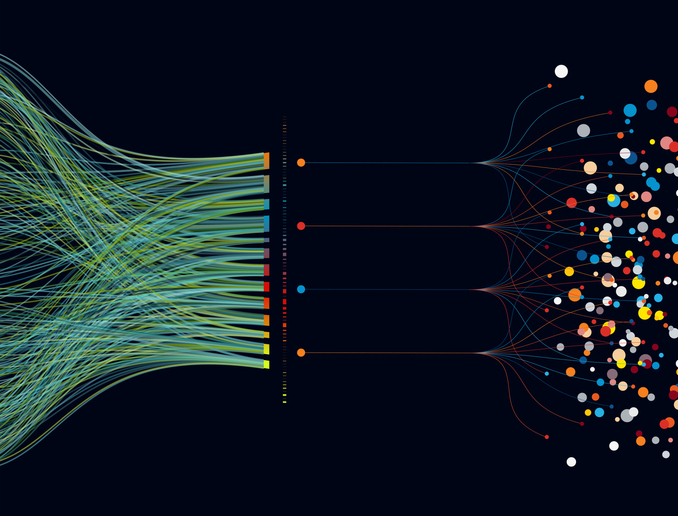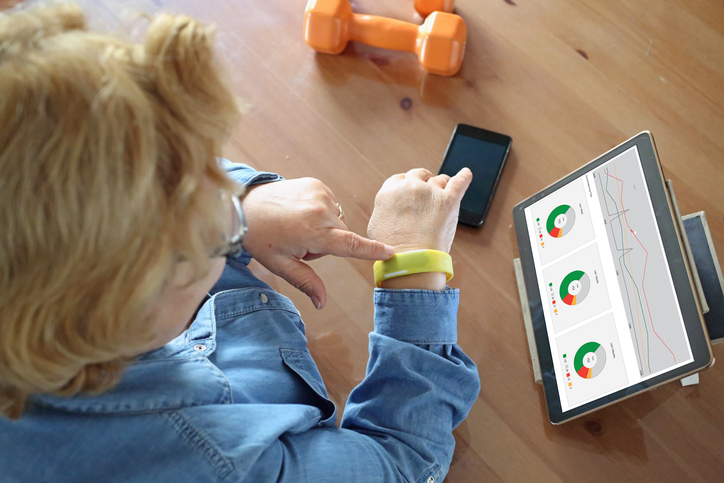
The Role of RWD in Revolutionizing Clinical Trial Design
Using RWD to understand SDOH factors faced by patients with non-small cell lung cancer paves the way for improving health equity and more effective treatments for more people.

By allowing study teams to design and conduct more inclusive and/or relevant studies, real-world data can enhance the standard of care and ultimately improve patient outcomes.

Executives from Huma, Abbott, Smith & Nephew and AliveCor share how they are using real world evidence collection to support remote patient monitoring, maximize patient engagement and navigate the regulatory landscape.

Huma plays a vital role in leveraging its digital infrastructure to help medical device companies navigate the regulatory complexities of generating RWE.

A look at how tapping real world evidence from medical devices and patients could be a game changer, improving patient-clinician communication, supporting earlier interventions and helping patients manage their condition.

Pregnant women and others able to give birth are severely underrepresented in clinical research globally. But real-world data – when relevant, reliable, and fit for the purpose of answering a given research question – can be used to generate evidence on how health interventions perform in those who are pregnant.

In an interview, Munich Re Specialty Senior Vice President Jim Craig talked about the risk that accompanies innovation and the important role that insurers play.

With RWE helping to inform, guide, and refine ongoing protocols and pathways, we can battle Covid-19 and cancer together and be far better prepared in our response to the next pandemic.

The healthcare analytics company said it had raised the extension funding from three new investors and would use it to accelerate development of its real-world evidence technology.

The two plan to identify and analyze sources of real-world data that they can use to characterize populations of patients with Covid-19, their use of medicines, risk factors and to characterize potential interventions.

The health technology assessment group and the New York-based company announced their partnership Monday. ICER also plans to use RWE in assessing drugs that have accelerated FDA approval.

The primary goal of incorporating RWE into clinical research isn’t to make RCTs unnecessary or irrelevant, but rather to better understand how drugs perform in broader patient groups, among other things.

Aetion's real-world evidence platform will be integrated with Sanofi's real-world data platform called Darwin to gain a better understanding of the safety, efficacy and value of drugs while also boosting RWE as complementary to clinical trial data in the decision-making process for drug approvals.

The researchers wrote that RWE could complement trials, but that observational methods are unlikely to take away the need for traditional clinical studies.

Parexel, one of the largest CROs in the world, said the partnership would involve connecting real-world data across the clinical trials it conducts.

Aetion President Jeremy Rassen said in an interview on the sidelines of the CB Insights Future of Health conference that rare diseases and Phase IV safety studies would be examples of situations better suited to real-world evidence.